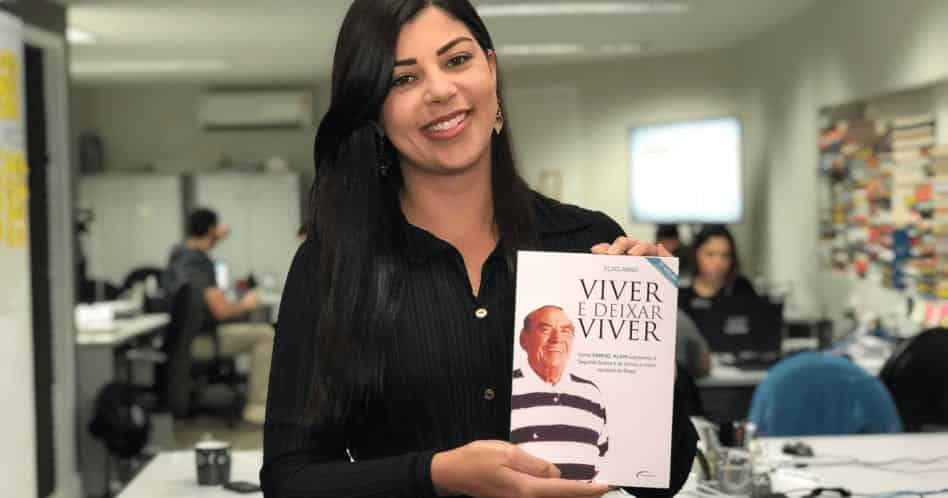
Viver e Deixar Viver - Elias Awad
Through the life story of one of the biggest retail entrepreneurs in Brazil, learn to overcome difficulties with perseverance, humility, self-confidence and entrepreneurship and have a successful path.
Choose language:
